
SPH Media shares its custom HCP Terraform operational dashboard
SPH Media built custom charts to visualize Terraform resource, provider, and module usage, along with many more metrics.

Fannie Mae’s process for developing policy as code with Terraform Enterprise and Sentinel
Learn how to implement the policy as code development lifecycle used in the highly regulated cloud environments at Fannie Mae.
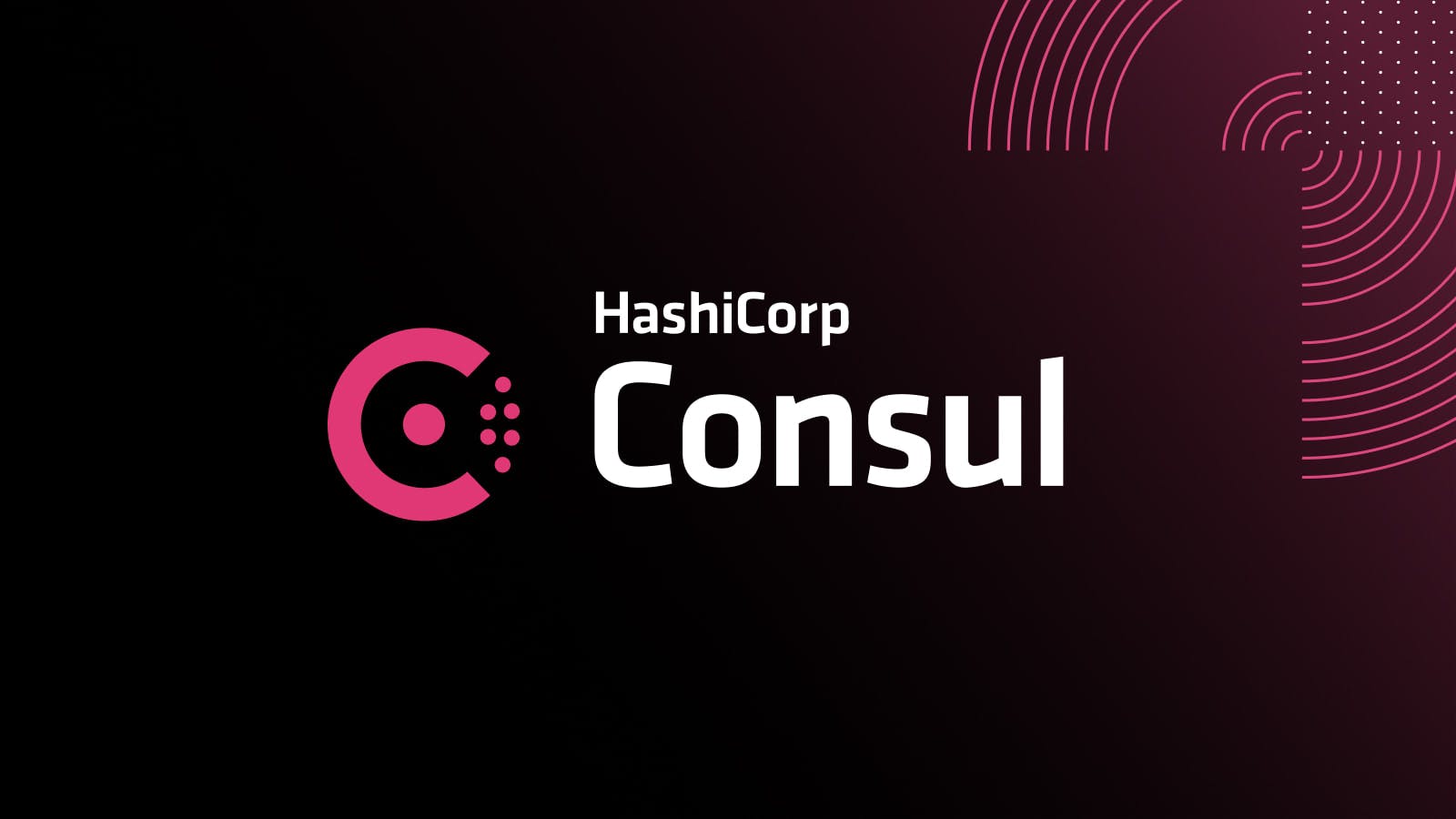
Consul Scale Test Report to Observe Gossip Stability
Our tests show Consul servers remain healthy under all test configurations and that splitting up a large LAN gossip pool cuts the risk of gossip instability.

How HireVue Uses HashiCorp Vault to Enable Faster, More Secure Candidate Recruitment
Leading candidate interviewing platform uses HashiCorp Vault to secure backend systems and sensitive personal information for a safe, seamless recruitment process.

HashiCorp Inducted Into JPMorgan Chase Hall of Innovation
JPMorgan Chase, an early development partner of Terraform Enterprise, inducts HashiCorp into the JPMorgan Chase Hall of Innovation as a user of several of our products.

How Autodesk Uses HashiCorp Nomad to Modernize the Workflow of Making Things
Autodesk Research uses HashiCorp Nomad to explore ways to turn conventional industrial design processes on their head to improve product usability.
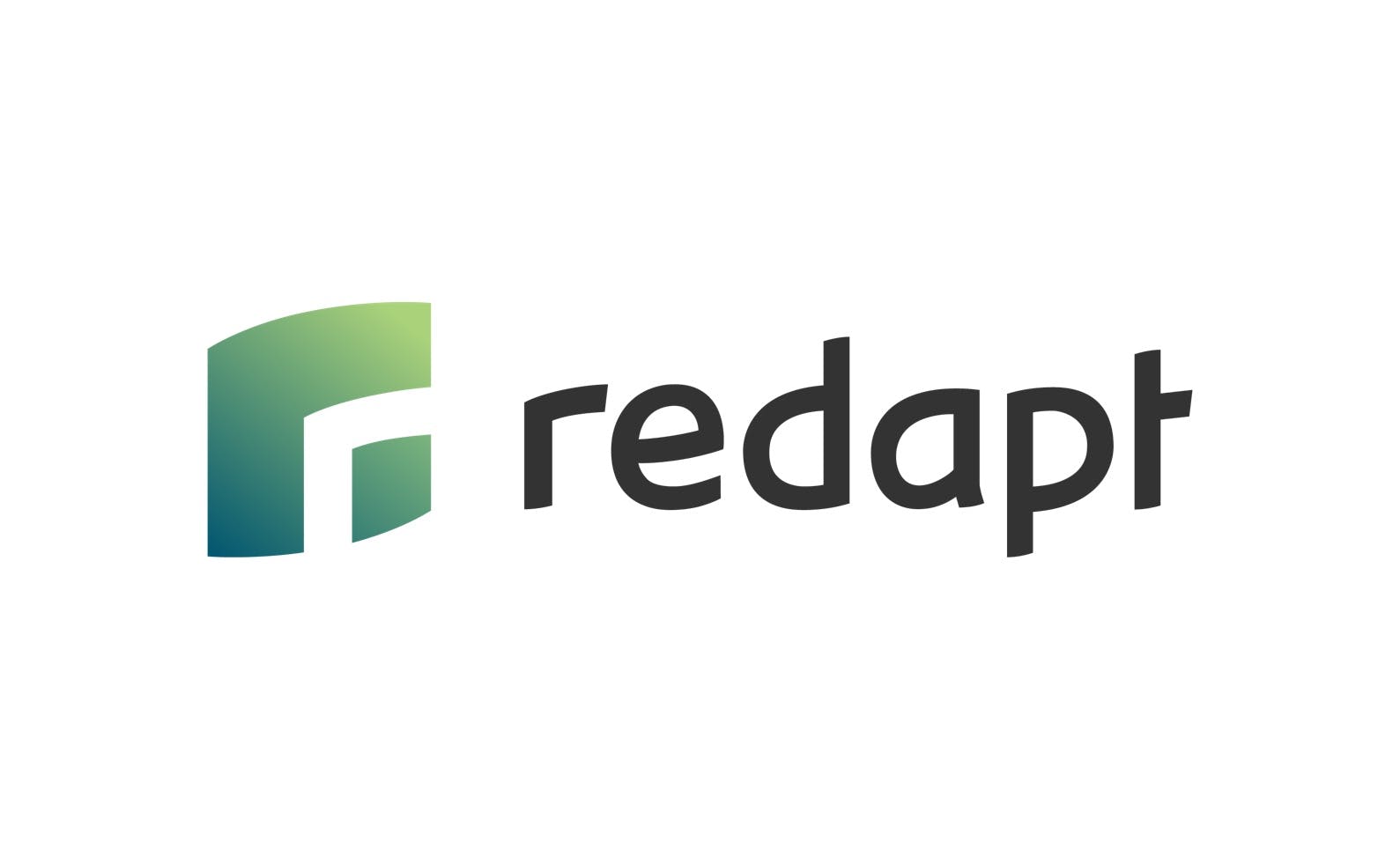
Using Terraform to Manage Multiple Kubernetes Clusters On-Premises and in the Cloud
Recently, a SaaS company in the operations software industry needed the ability to provision and manage multiple Kubernetes clusters both on-premises and in various public clouds. Redapt used HashiCorp Terraform and various Terraform providers to make the process efficient, repeatable, and recoverable in case of disaster.

How HashiCorp Vault Helps Minimize the Impact of User Error
Here is a closer look at the HashiConf talk with Sky Betting & Gaming that shows the HashiCorp Vault features they use to mitigate user errors.
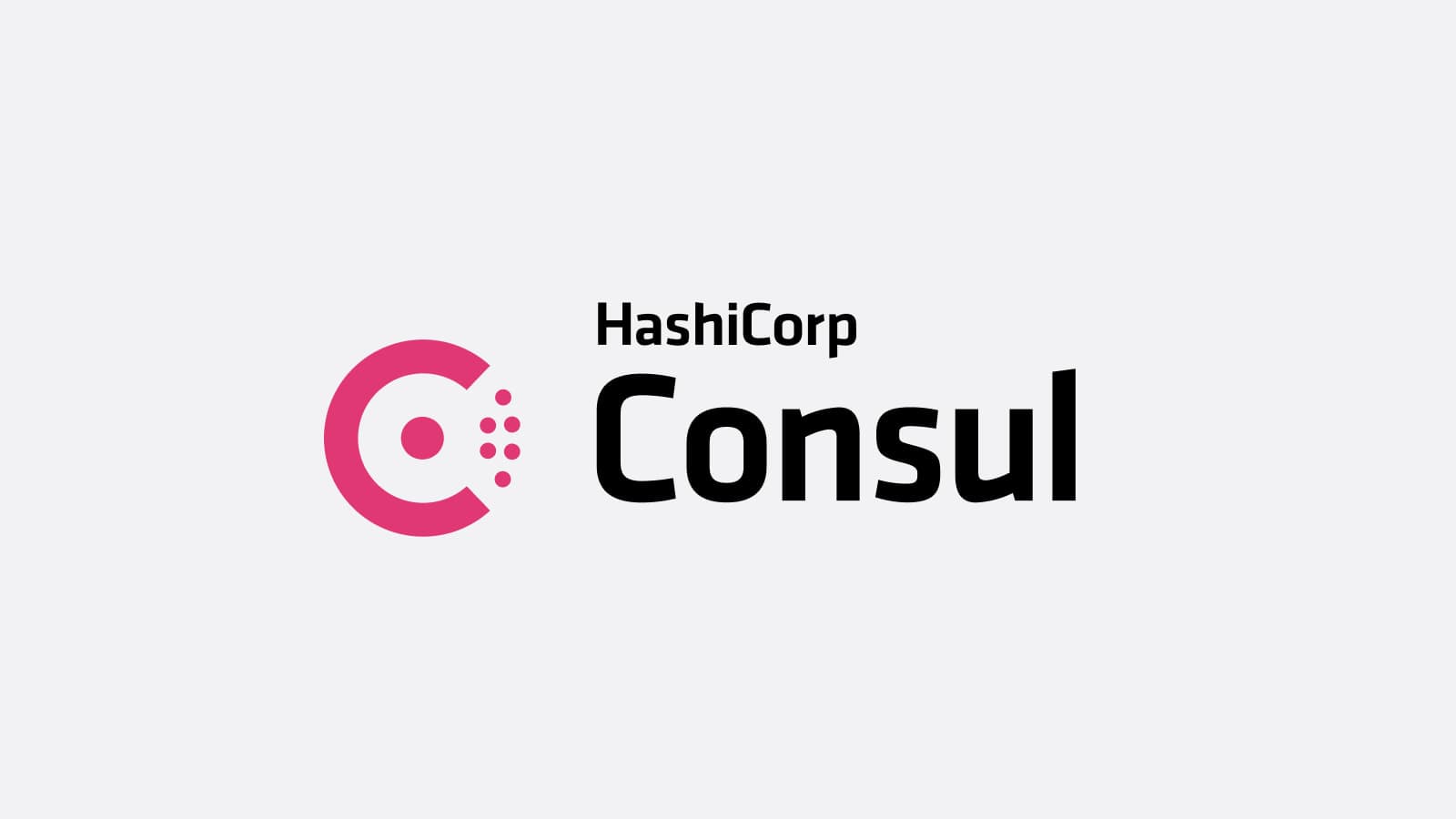
How to Operate and Scale Infrastructure without Alienating Humans
Here’s a closer look at the HashiConf talk that showed how Criteo uses Consul to manage networked services and bring more autonomy to service users.

How Nomad powers a Google-backed indoor farming startup to Disrupt AgTech
Bowery, a Google-backed modern farming startup, shares their story about how Nomad powers their data engineers to optimize the production process from germination to harvest.
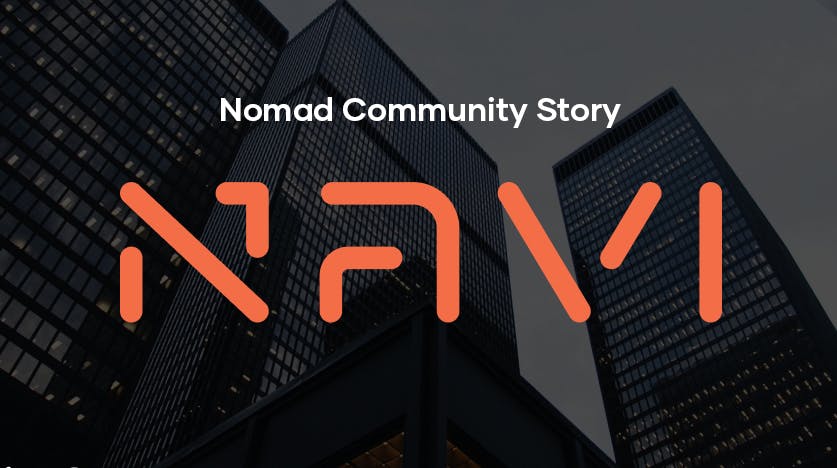
Nomad Community Story: How Nomad powers a $1B hedge fund in Brazil
This is a Nomad community story by Navi Capital, an over 1 Billion hedge fund specialized in Brazilian stocks. Hear how they use HashiCorp Nomad to streamline data-driven investment decisions.
How AGL Uses HashiCorp Terraform Enterprise and Sentinel to Enable Cloud Native Capabilities
This is a guest blog case study by AGL Energy, Australia’s largest private developer of renewable energy assets. Hear how they use Terraform Enterprise and Sentinel policy as code.

LogicMonitor Uses Terraform, Packer & Consul for Disaster Recovery Environments
LogicMonitor is the SaaS-based, performance monitoring platform for complex and distributed IT infrastructure. With out-of-the-box coverage for thousands of technologies, LogicMonitor provides granular visibility into infrastructure and application performance. LogicMonitor’s automated device discovery, preconfigured alert thresholds, and rich customizable dashboards, come together to give IT teams the speed, flexibility, and actionable insights required to succeed in today’s competitive markets. This blog takes a look at how LogicMonitor utilizes HashiCorp Packer, Terraform, and Consul to quickly detect and rebuild when datacenter outages occur.
GMO Media Uses HashiCorp Terraform Enterprise to Automate Infrastructure Provisioning
GMO Media of Japan decided to use HashiCorp Terraform Enterprise to provision new services onto the public cloud, while also allowing them the possibility to provision the same workflows to one or more public clouds.

Spaceflight uses HashiCorp Consul for Service Discovery and Runtime Configuration in their Hub-and-Spoke Network Architecture
This is a guest post by Jay Christopherson, principal engineer, DevOps, at Spaceflight Industries. Spaceflight is revolutionizing the business of space flight by delivering a new model for accessing space. A comprehensive launch service and mission management provider, the company provides a straightforward and cost-effective suite of products and services including state-of-the-art satellite infrastructure, rideshare launch offerings, and global communications networks that enable commercial and government entities to achieve their mission goals, on time and on budget. A service offering of Spaceflight Industries in Seattle Washington, Spaceflight provides its services through a global network of partners, ground stations, and launch vehicle providers. We had two main challenges facing us as we determined how to design the computing infrastructure to support our business applications: how we should handle distributed runtime changes and service discovery. We need distributed changes as we deploy remote satellite communications ground stations (spokes) around the world, but which are all managed from a central location (hub). Changes made from a central location need to be distributed out to one or more remote ground stations in an automated fashion. As for service discovery, we build and deploy quite often and we needed to make sure that changes to services in our infrastructure are detected and updated as quickly as possible without any manual updates. These are the reasons we looked at HashiCorp Consul.

Bugsnag Uses HashiCorp Terraform to Quickly Provision and Safely Maintain Their Infrastructure
This guest blog is by George Kontridze, Production Engineer at Bugsnag. Bugsnag is an automated production error monitoring tool, supporting over 50 different platforms. Bugsnag provides open-source libraries for most popular programming languages which make it very easy for customers to integrate Bugsnag into their workflow. Once integrated, Bugsnag automatically detects application exceptions and provides the data and tooling to prioritize and fix errors with the greatest user impact.

HashiCorp Vault helps New Relic manage secrets for their digital intelligence platform
This is a guest post by Matthew Lapworth, Senior Application Security Engineer at New Relic. New Relic is a leading digital intelligence company, delivering full-stack visibility and analytics with more than 14,000 paid business accounts. The New Relic Digital Intelligence Platform provides actionable insights to drive digital business results. Companies of all sizes trust New Relic to monitor application and infrastructure performance so they can quickly resolve issues, and improve digital customer experiences. At New Relic, our systems and infrastructure had grown, and we were facing challenges with securely storing and managing credentials. HashiCorp Vault has provided us with a consistent approach to manage secrets and credentials.
Bridgewater: Securing their AWS Infrastructure with Vault
This is a guest post by Joel Thompson, Systems Engineer at Bridgewater Associates. Joel is a user of Vault at Bridgewater Associates and a contributor to the HashiCorp Vault project, specifically for the AWS IAM Authentication method discussed in this post. HashiCorp released Vault 0.7.1 which ships with a major enhancement to the AWS-EC2 authentication backend, now renamed to the AWS authentication backend, making it easy for many different AWS resource types to securely authenticate with Vault and get a Vault token. Lambda functions, ECS jobs, EC2 instances, or any other client with access to AWS IAM credentials can use those credentials to securely authenticate to Vault to retrieve their secrets. I'm really excited about the feature, and I think it'll be a game changer for all the security-conscious AWS customers out there. First, though, some introductions. Bridgewater Associates is focused on understanding how the world works. By having the deepest possible understanding of the global economy and financial markets, and translating that understanding into great portfolios and strategic partnerships with institutional clients, we've built a distinct track record of success. Today, we manage about $160 billion for approximately 350 of the largest and most sophisticated global institutional clients including public and corporate pension funds, university endowments, charitable foundations, supranational agencies, sovereign wealth funds, and central banks. A few years ago, Bridgewater started moving to Amazon Web Service's cloud offering, and I was one of the first engineers involved with that effort. We loved many of the advantages offered by AWS, but there was one problem that had consistently caused us pain. How do we take advantage of the dynamic compute capabilities offered by a cloud provider without sacrificing security? Or, to put it concretely, how do we securely grant new instances in an AWS autoscaling group access to secrets they need?

Bonnier News uses Elastx and HashiCorp to create their new digital platform
This is a guest blog from Henrik Grankvist, COO at Elastx. Elastx is a HashiCorp Technology Partner. Elastx is a Swedish based public cloud provider. We offer two fully automated cloud platforms, IaaS and PaaS. The underlying foundation is based on our Jelastic PaaS and OpenStack platform. Our datacenters are throughout Sweden and are 20 kilometers from one another. This is ideal for building cloud-based environments with high-availability and disaster recovery in-mind. We offer 100Gbps core network connectivity. The latency between our datacenters is less than 0.5ms. We have been running OpenStack in production since 2014. We were the first Nordic cloud provider to join the OpenStack foundation. The OpenStack deployment supports standard API's with both ISO14001 and ISO27001 certifications. Elastx believes the best way we can help companies is with sustainable, automated IT. We focus on codified infrastructure for our IaaS, PaaS, and bare metal solutions. The codified infrastructure is the foundation of automation for our customers. Terraform and the other HashiCorp products enable us to build this infrastructure stack.
Distil Networks securely stores and manages all their secrets with Vault and Consul
This is a guest post by Grant Joy, Senior DevOps Engineer at Distil Networks. Distil Networks blocks bots. We protect websites from attacks like site scraping, ticket sniping, and click fraud. Founded in 2011 by three good friends, our company atmosphere is one of friendship and hard work. Distil has over 150 employees and five offices worldwide. Our U.S. offices are in California, North Carolina, and Virginia. Our international offices include London, England and Stockholm, Sweden. We recently partnered with Verizon to rapidly expand our content delivery network. We have a lot of secrets. These secrets include database passwords, certificates, and private keys. We are serious when it comes to the job of protecting them. Shipping our code with speed and reliability in mind is essential. In support of this goal, we needed a secret storage system with high availability built in. HashiCorp released Vault in 2015, around the time we were looking for a solution for secrets.
Mozilla uses Terraform and Atlas by HashiCorp to embrace infrastructure as code
"We initially rolled our own solution for infrastructure CI and deployment. As the team grew, our homebrew solution struggled to centrally manage configuration, Terraform state, and access control," said Chris Lonnen, Internal Systems Architect at...
Using Consul at Bol.com, the Largest Online Retailer in the Netherlands and Belgium
Bol.com is the largest online retailer in the Netherlands and Belgium offering, as of May, a catalog of 9.3 million products to its 5.4 million customers. Powering the online shopping experience is a collection of more than 130 different applications and services that all need to work together. The bol.com team is constantly looking for ways to improve; a mission which has taken us from a collection of several software monoliths to a service-oriented architecture. Recently, we decided to start using HashiCorp's Consul for dynamic service discovery. In our previous setup a configuration update would take 15 to 20 minutes before the changes propagated across the system. Using Consul, these are now made in near real-time which enables us to develop more resilient software systems, faster.
Consul in a Microservices Environment at Neofonie GmbH
Neofonie GmbH is a German software company with offices in Berlin and Hamburg. The firm is a solution and full-service provider specializing on portals, search, social media, e-publishing and mobile applications. With a range of clients and services, Neofonie works in highly complex, fast-changing environments. Neofonie uses a three-stage continuous delivery pipeline which uses Consul as a foundation to safely move applications between environments.
How BitBrains/ASP4all uses Consul for Continuous Deployment across Development, Testing, Acceptance, and Production
BitBrains and ASP4all are Dutch infrastructure companies that provide infrastructure hosting and services to clients ranging from large government departments to small web shops. They are currently in the process of merging into one company. They have seen infrastructure challenges of all shapes and sizes, and have a high level of expertise solving these problems. As part of the merger they have created a new team called DeltaForce. This team has created a tool which will allows their customer-facing engineers to programmatically deploy infrastructure for new customers and to update the infrastructure of existing customers through a single, defined interface. This tool uses Consul as the foundation for continuous deployment to these environments. Consul's DNS, Key-Value store, and GUI have given DeltaForce a simple mechanism for reliably delivering software.
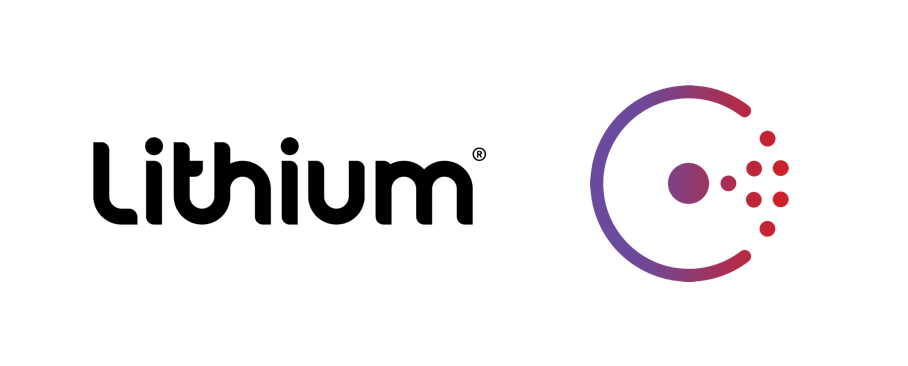
How Lithium Technologies Uses Consul in a Hybrid-Cloud Infrastructure
Lithium Technologies provides a complete social platform to some of the world's most well-known brands across tech, consumer electronics, financial services, retail, and other industries. These brands rely on the Lithium Social Platform to power customer communities, respond to social media conversations, and drive social analytics. The Lithium infrastructure manages complex real-time data ingestion and processing. To meet the needs of customers and plan for long-term growth, Lithium decided to build out a hybrid-cloud infrastructure. Consul enables automated service discovery and load balancing in Lithium's hybrid-cloud environment, saving hundreds of thousands of dollars and significant development time.